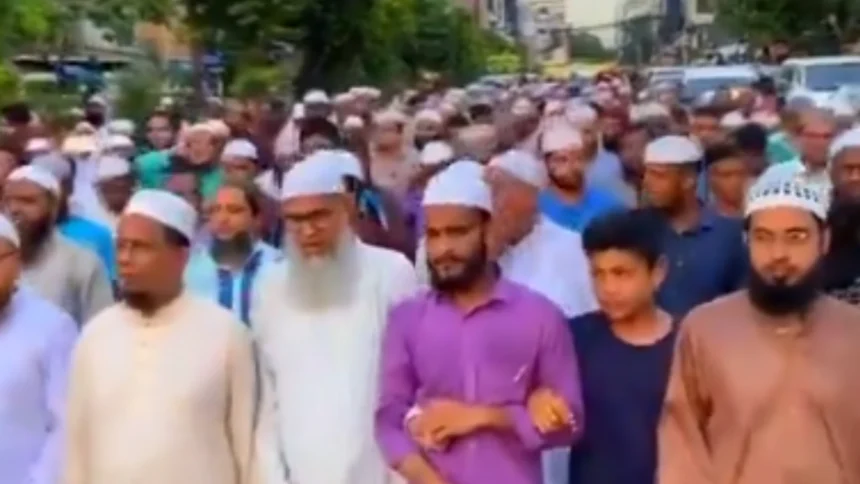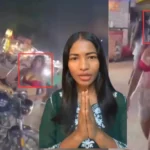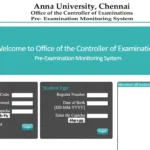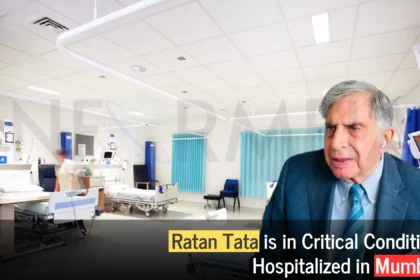In recent developments from Bangladesh, tensions are rising as radical Islamic groups, particularly the Insaf Keemkari Chhatra-Janta, are openly opposing the upcoming Durga Puja celebrations. The protests, which erupted in Dhaka, have drawn significant attention, with demonstrators declaring that “Durga Puja celebration will not be allowed” and demanding restrictions on public worship and idol immersion.
These protests are rooted in a 16-point list of demands issued by the group, which argues that since Hindus constitute less than 2% of the population, Durga Puja should not warrant public holidays or community celebrations, citing environmental concerns as well. They have also called for the removal of Hindu temples built on “occupied” lands.
#AllEyesOnJharkhand and Muslim
— श्रवण बिश्नोई (किसान) (@SharwanKumarBi7) September 27, 2024
Majority muslims demonstrating in New Rohingyas Bangladesh: "Durga puja celebration will not be allowed".
West Bengal Hindus If we do not wake up at this right time, this is what will happen to Bengalis. pic.twitter.com/wpwUJStjuA
Despite assurances of safety from the interim government led by Muhammad Yunus, the situation remains fraught with anxiety, particularly following reports of temple vandalism and threats to the Hindu community’s traditional celebrations.
The context of these protests reflects a broader pattern of increasing hostility towards minority communities in Bangladesh, particularly following political shifts in the region. Many fear that if the Hindu community does not rally and assert their rights, they could face further marginalization and restrictions on their cultural practices.





